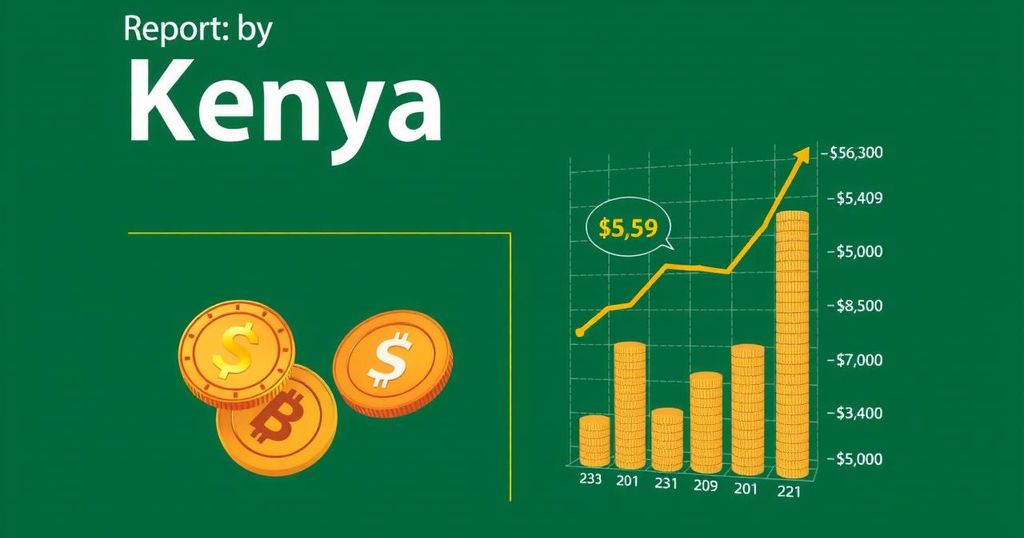Kenya experiences economic losses of Sh14 to Sh19 billion per statutory holiday, resulting in an annual GDP shortfall of Sh188.7 billion to Sh218.4 billion. While certain sectors like tourism may benefit, others such as manufacturing and finance suffer significant slowdowns. The report suggests reevaluating statutory holidays, drawing comparisons with Singapore’s strategic adjustments.
A recent report indicates that Kenya incurs an economic loss between Sh14 billion and Sh19 billion with each statutory holiday, due to decreased productivity. These holidays, which reflect the nation’s cultural and religious diversity, may, however, constrain economic growth considerably. The findings underscore the financial impact of holidays on the national economy, highlighting the need for potential reassessment of such observances.
The analysis from Kasi Insight, an advisory firm focused on African consumer research, reveals that annual losses from statutory holidays can result in a gross domestic product (GDP) shortfall ranging from Sh188.7 billion to Sh218.4 billion. The losses are exacerbated when holidays coincide with weekdays, suggesting a deeper economic concern that warrants government analysis of the holiday system to find a sustainable balance.
The report notes that while sectors like tourism might gain from holiday spending, others such as manufacturing and finance face significant reductions in productivity. With approximately 13 statutory holidays per year, there are concerns regarding the possible economic effects on Kenya’s development and overall output.
Kasi highlights that while public holidays honor cultural traditions, the economic trade-offs are often underestimated. He notes the importance for emerging economies to reflect on the benefits of national pride and worker wellbeing in light of productivity losses. Adjusting the number of non-working days may emerge as a vital strategy for economic enhancement in developing nations.
The report further advocates for coordinated dialogue between policymakers, private-sector leaders, and civil society to establish more structured holiday observances. It posits that with strategic harnessing of tourism, retail, and hospitality, Kenya could transform public holidays into avenues for economic growth, thus promoting job creation.
In a comparative analysis, the report describes Singapore’s successful policy shift in 1968, reducing its statutory days from 16 to 11 to improve labour productivity. The country’s proactive holiday planning ensures minimal disruptions to operations while allowing core sectors to continue functioning even during holidays, thereby safeguarding economic stability.
Kasi’s findings extend beyond Kenya, noting that African nations typically observe 12 to 17 statutory holidays, leading to widespread slowdowns across various economic sectors. The total estimated annual loss for Africa reaches over $28 billion, with substantial impacts felt in economies reliant on services, particularly in South Africa, Egypt, and Nigeria.
The report by Kasi Insight elucidates the economic repercussions of statutory holidays in Kenya, highlighting substantial productivity losses that could affect the country’s growth trajectory. It calls for a reevaluation of holiday practices to balance cultural observance and economic performance. The experiences of Singapore suggest that with structured planning and strategic engagement, public holidays can indeed become drivers of economic activity rather than limitations.
Original Source: eastleighvoice.co.ke




